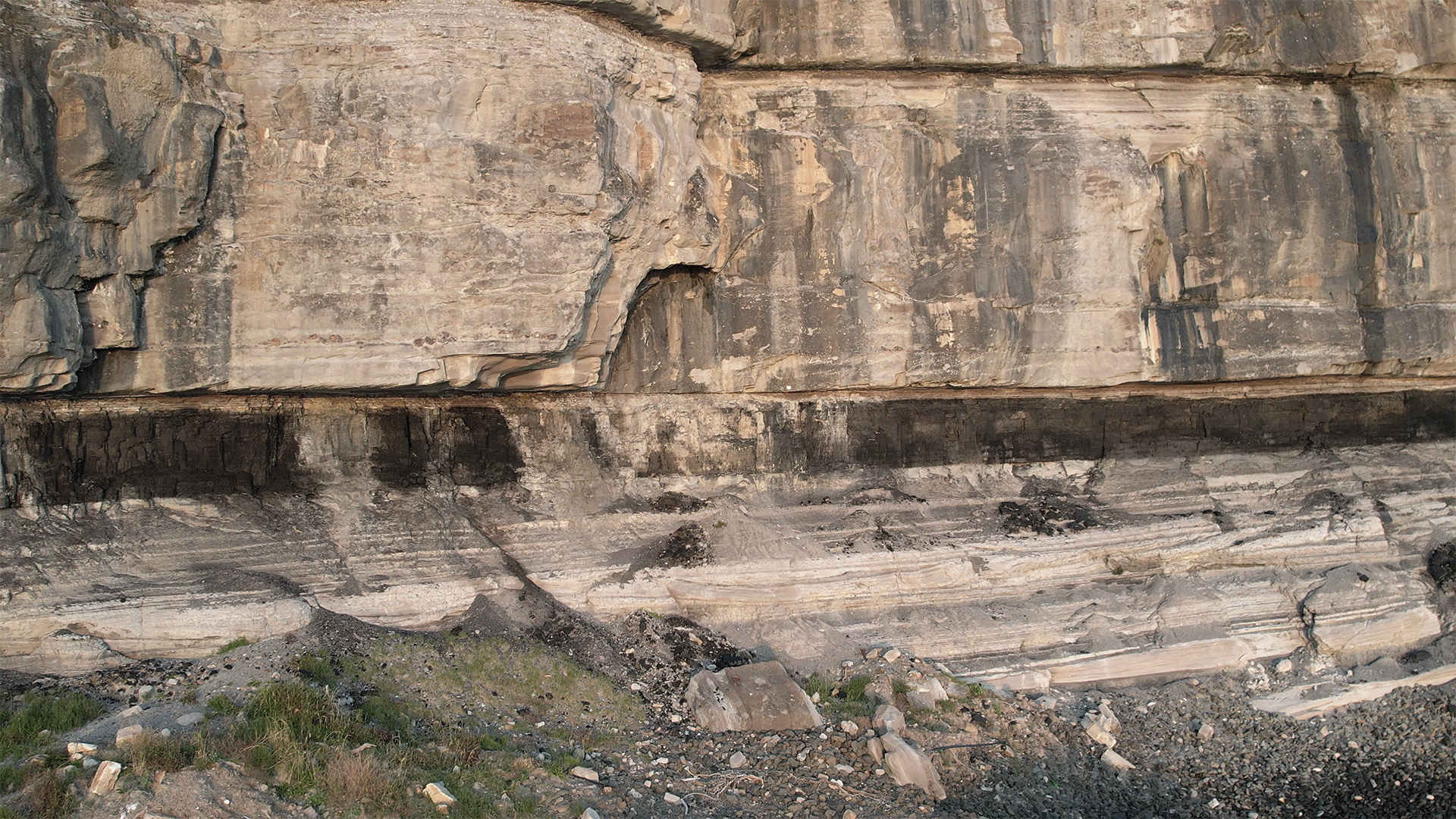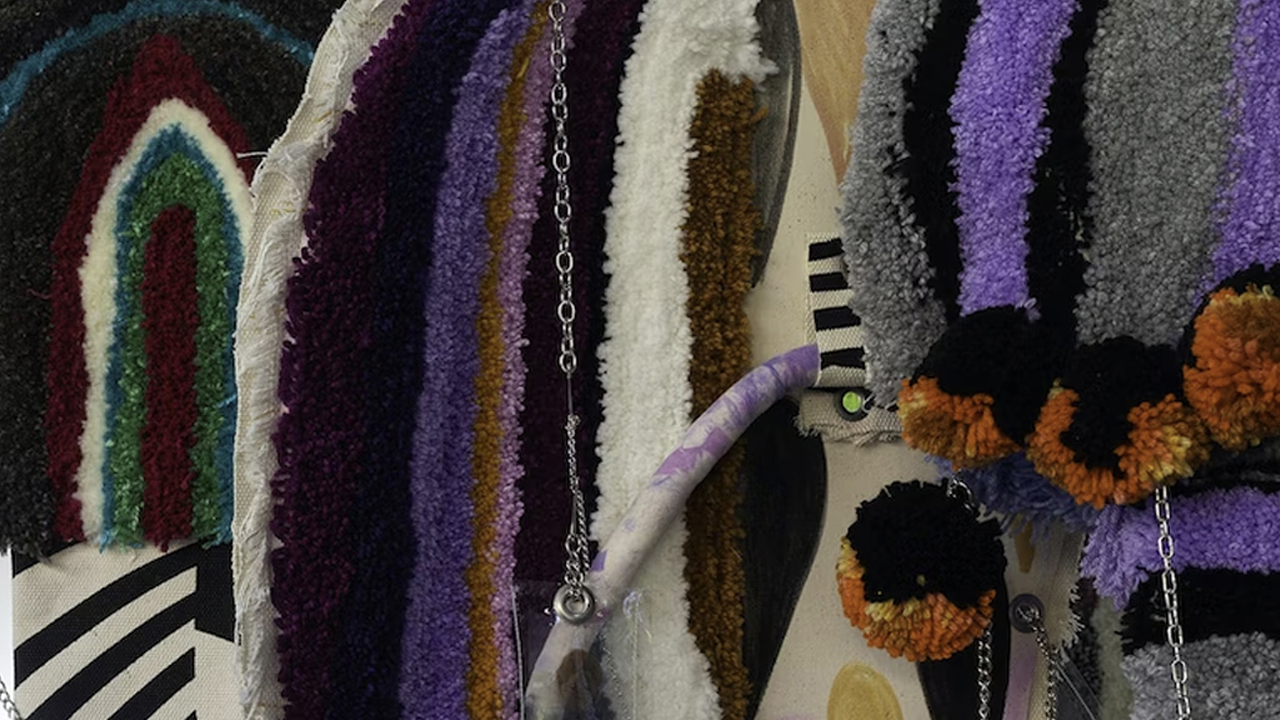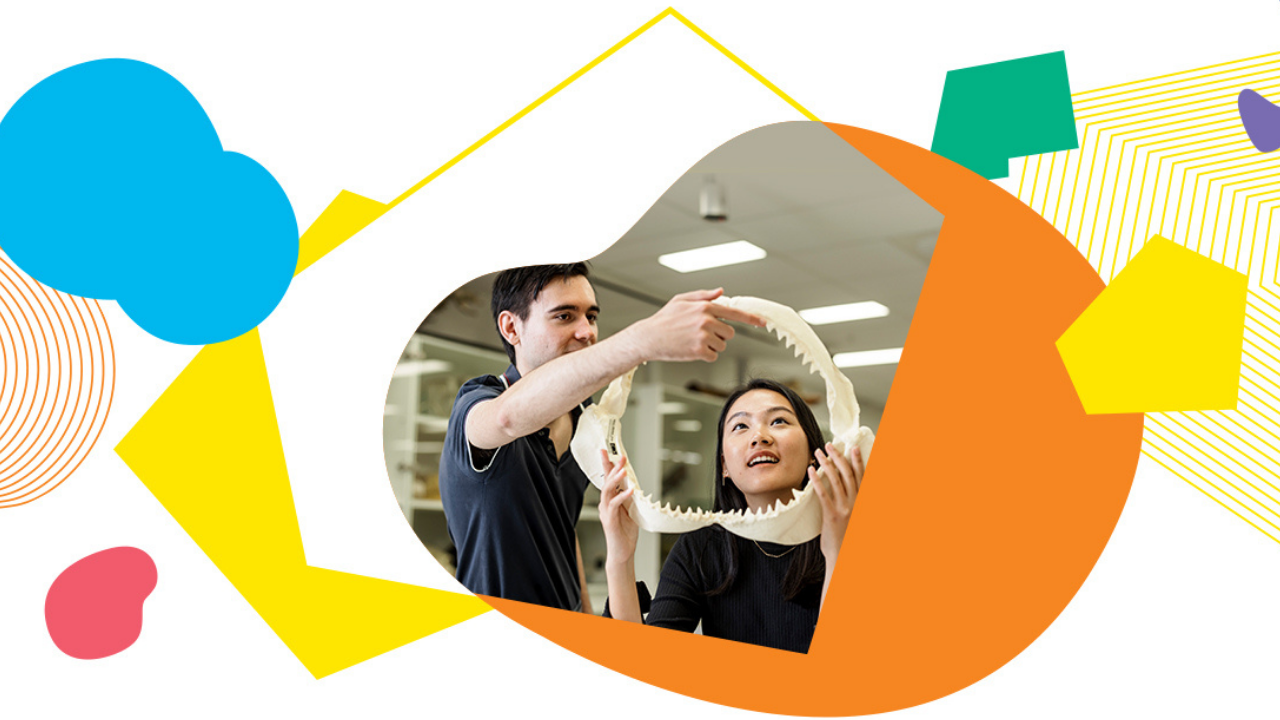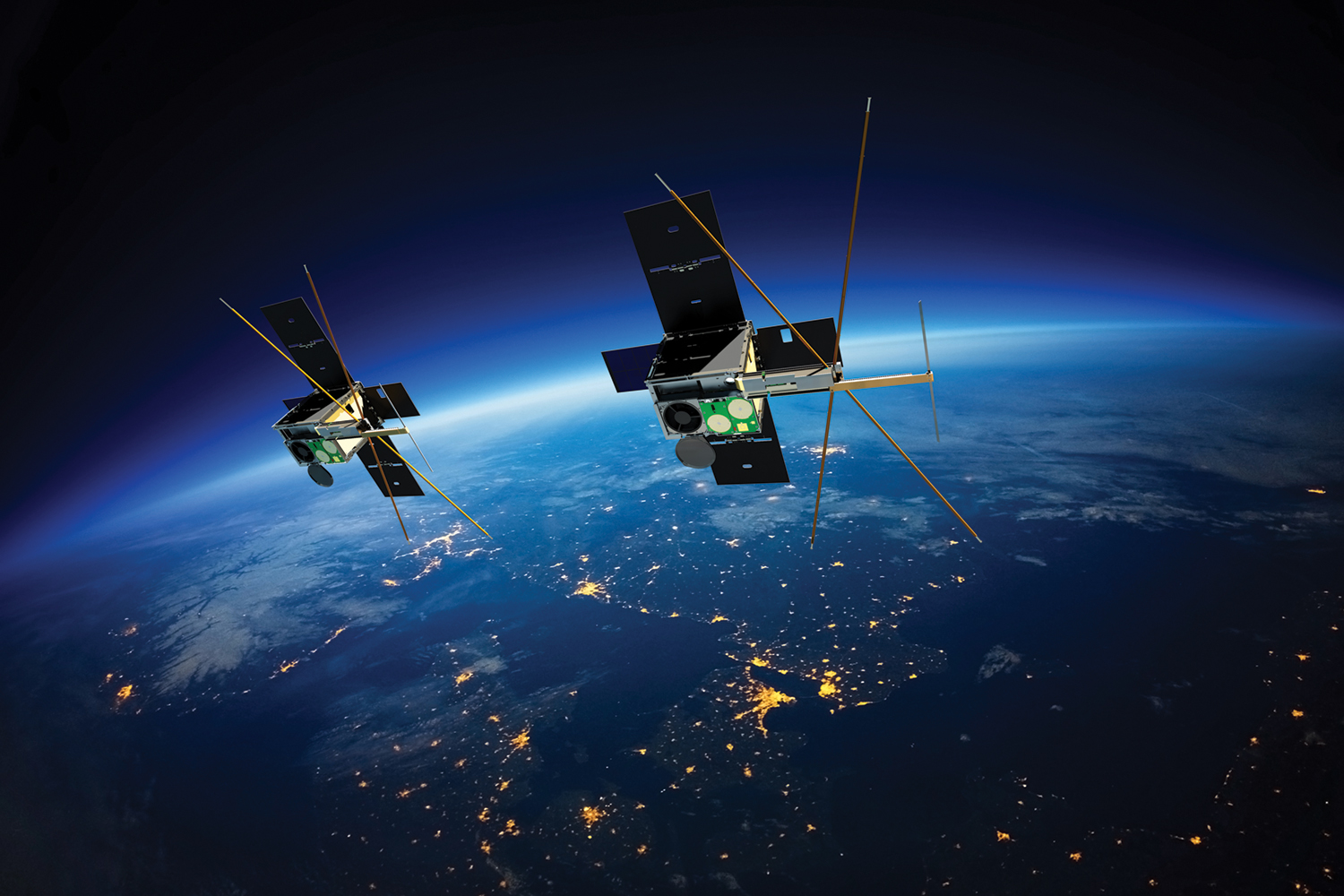The Humble Brick: Mosquito Vectors, Ectothermicities and Designing with Air
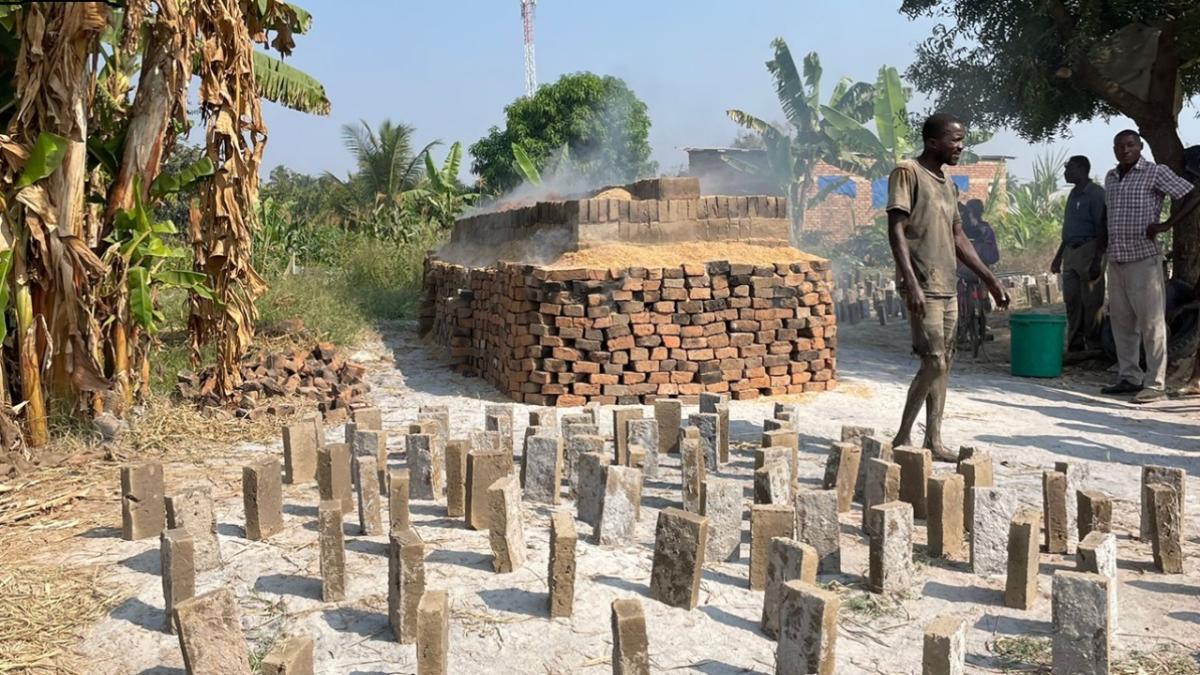
Co-hosted by the UNSW Science and Society Research group and the School of Humanities and Languages, hear from Professor Ann Kelly on how the humble brick can be a tool in public health and in equipping communities to meet the needs of our collective thermal future.
Mosquitoes are exquisitely temperature-sensitive. Thriving in warmer and more humid conditions, mosquitoes’ ectothermic biology has made them sentinels for the disease risk in an era of climate change, prompting calls for invasive species surveillance and ever-more expansive programmes of chemoprophylactic control.
This paper explores another avenue to threat mosquitoes pose, a transdisciplinary project seeking to redesign the ‘humble brick’ as a tool for public health. The most commonly-used building artifact in the world, bricks are cheap, durable, modular, low-maintenance, energy-efficient, and have great potential for recycle and reuse.
Those properties present an opportunity for the prevention of mosquito-borne diseases—a field of global health practice focused on household protection but dominated by chemical tools that offer little by way of material improvement to local living conditions. Locally sourced, affordable, and aesthetically pleasing, the brick, in contrast, can be enfolded into residential construction processes and priorities, providing the foundations for a more expansive imaginary of healthy and climate-resilient living.
More than a vector control tool, transforming the humble brick can rearticulate aspirations for social progress within an enterprise circumscribed by humanitarian commitments—a global health modern better equipped to meet the needs of our collective thermal future.
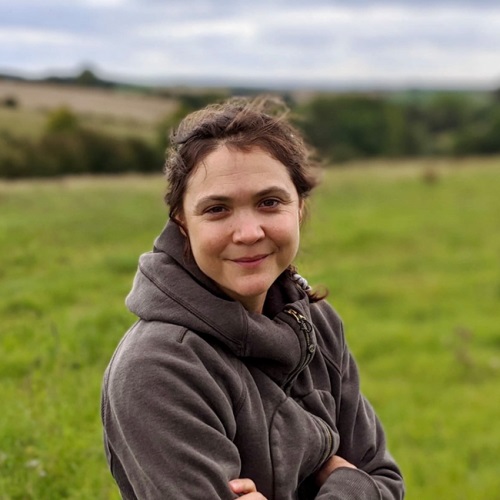
Professor Ann Kelly
Professor of Social AnthropologyAnn is a social anthropologist, who has led multiple transdisciplinary collaborations at the intersections of infectious disease control, health-systems-strengthening, global health innovation and emergency R&D. Her engagement in those projects has been driven by an abiding concern with the socio-material conditions that structure the production of biomedical knowledge, the local ecologies of labour that circumscribe its circulation and use and the ethnical imaginaries that animate collective responses to health crises.
Ann’s research has benefited from the diverse scientific communities and interdisciplinary settings she has worked. A Gates Scholar at the University of Cambridge, she received her doctorate in Social Anthropology in 2007, before taking up a Wellcome Research Fellowship at the Department of Global Health and Development at the London School of Hygiene and Tropical Medicine (2007-2012). She subsequently joined University of Exeter’s Department of Sociology, Philosophy and Anthropology (2012-2016) and then the Department of Global Health and Social Medicine at King’s College London (2016-2024). She spent a year at the Princeton’s Institute for Advanced Study (2023-2024) and serves as a member of the WHO Strategic Advisory Group of Experts (SAGE) for Ebola Vaccines and Vaccination.
Ann teaches in the Medical Anthropology Programme, co-leading Critical Medical Anthropology, the core paper for the Masters. She also teaches a graduate paper on Anthropologies of the Body which considers how the body is (and has been) articulated by technological, scientific, political and environmental change, for instance, reproductive technologies, artificial intelligence, and anthropogenic activities, and how these changes relate to shifting conceptions of the relationship between our bodies and being human, shapes which bodies count as human and how that humanity is imagined in the future.
She serves on the Editorial Board of Economy & Society, Cultural Anthropology, Medical Anthropology Quarterly, Humanities & Social Sciences Communications, and Somatosphere.
